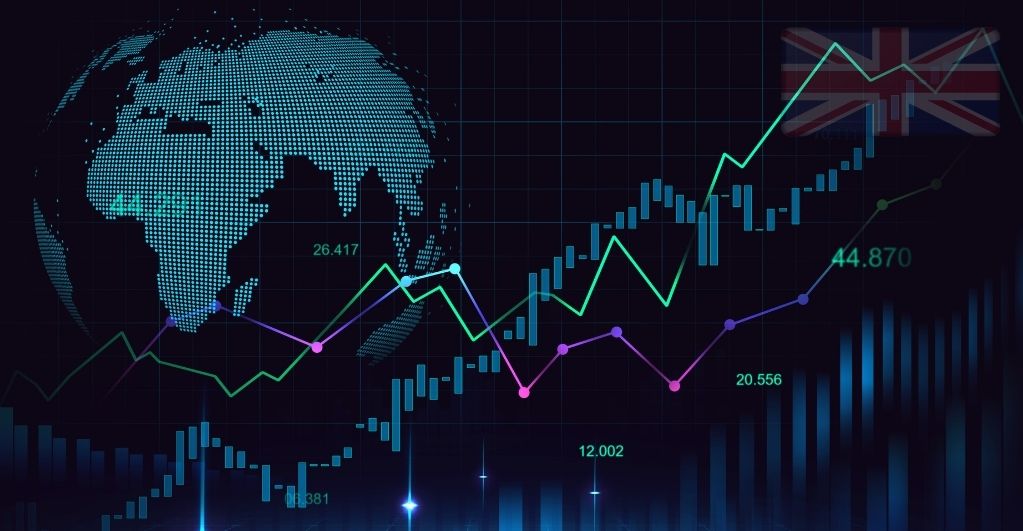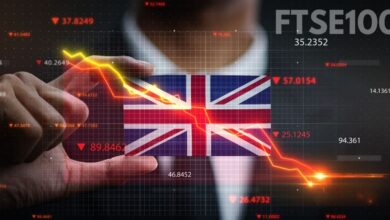European Market Trades Flat Amidst the Second Lockdown

The financial markets all across the world experienced huge losses after WHO declared COVID-19 a pandemic. Initially, people did not pay much heed despite the government’s repeated warnings until the virus spread took a lethal form. The stock market began to crash everywhere, with the United States, Europe, and the Middle East affected the most. China, being the second-largest economy globally, a slightly negative effect on its economy, will have a rippling impact on the world economy.
Movement of World Markets
Recently, the DOW closed at more than 1,000 points down, which was the worst fall of the last two years. The S&P 500 index also fell sharply. Trading volumes will likely be thin this year even for the greatest US festival, “Thanksgiving holidays.”
Compared to other stock markets, the Japanese market is stable, having not been much affected by the continuous lockdowns and media exaggerations. Japanese tech giants have been doing their businesses quite well amidst the pandemic, and this is all due to their huge eCommerce dynamics that are not much affected by COVID woes.
European Market Trends
The second wave of lethal COVID infections has swept across the European nations last month that prompted France, Germany, and the UK to impose the second phase of lockdown measures. The second round of tough restrictions posed a heavy blow to the European economy and consequently on the European stock markets.
Though the stock markets inched a little higher yesterday, the overall gains were limited. The grim economic forecasts by analysts once again dented people’s sentiments. The pan-European STOXX 600 index rose slightly and then again fell flat. The technology and the health sectors were starting to show some recovery. The autos and energy sectors declined to post the second phase of lockdown restrictions.
The announcement of the COVID 19 vaccines hitting early in the European markets, however, created a little uproar in the UK stock markets, and investors cashed on gains, but it did not last for a very long time, and the craze subsided. People began stockpiling following the government’s announcement, but that too did not last for long, and people now have become much used to such imbalances in the stock market.
Speculations for the UK Market Amid Increasing COVID Cases & Brexit Deal
COVID-19 woes have brought in significant changes in the UK markets, with people piling up stocks for the future. The end of the Brexit transition period (December 31st) could be the cause of people’s sentiments, but the significant changes are due to the COVID pandemic’s aftermath. This is the first time in the UK’s history that the nation is voluntarily withdrawing from an “economic and monetary union of countries (EU) after a long span of 47 years. With only 52% voted in favor of the Brexit deal, the decision will massively impact the UK economy.
Post the transition period that will end on December 31, 2020. The stock markets will be hit massively with other significant economic changes. Like post the Brexit deal, the immigration from EEA (European Economic Area) countries to the UK would likely be reduced, thereby posing challenges for higher education and academic research in the UK, directly or indirectly affecting the stock markets.
Post-Brexit is not a peaceful time for Britain’s economy, and Finance Minister Rishi Sunak has already warned that the economy may shrink with domestic stocks dropping by 11.3% by the end of this year post the pandemic crisis.



